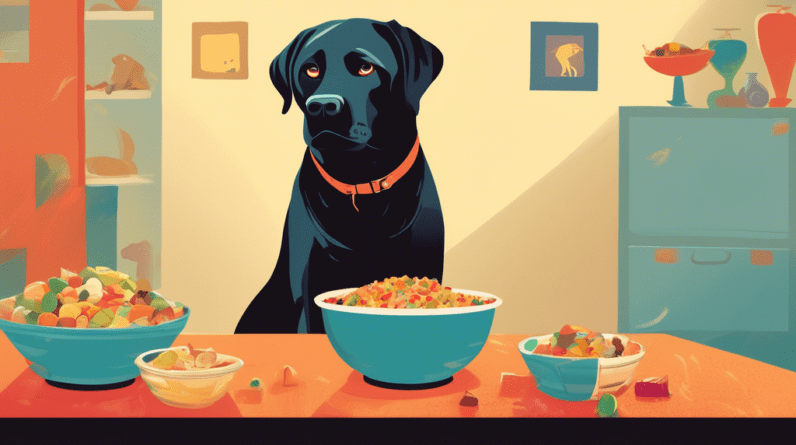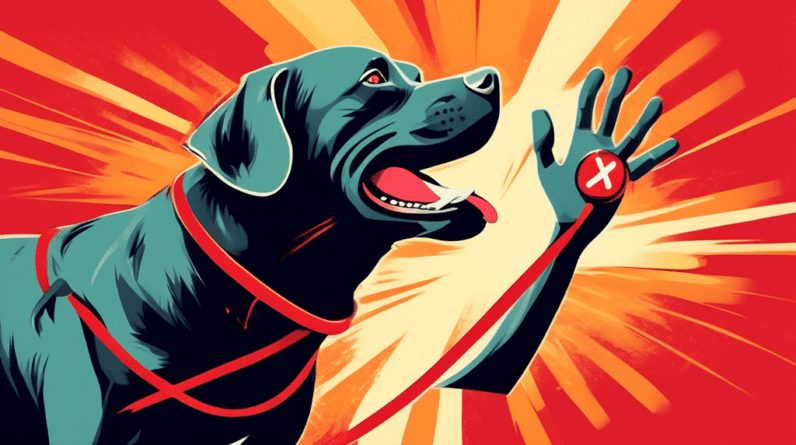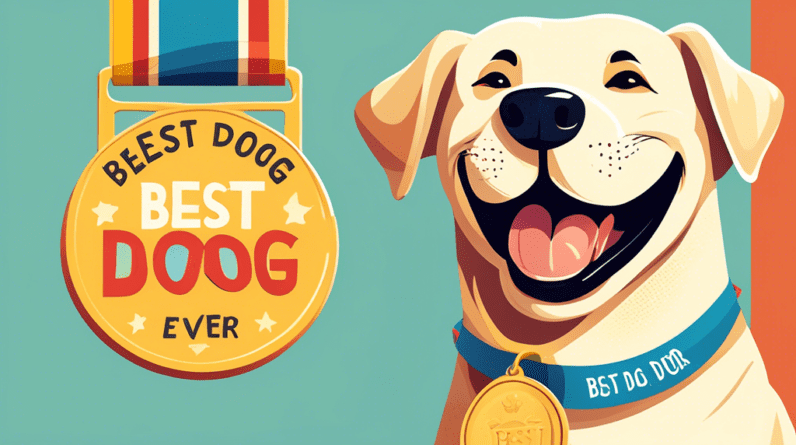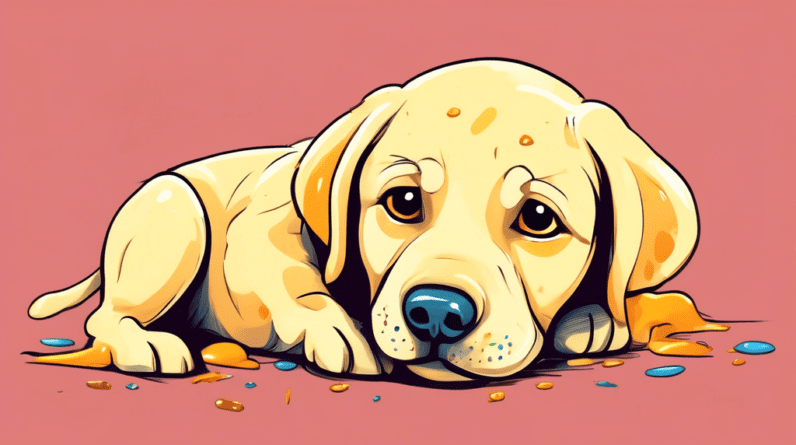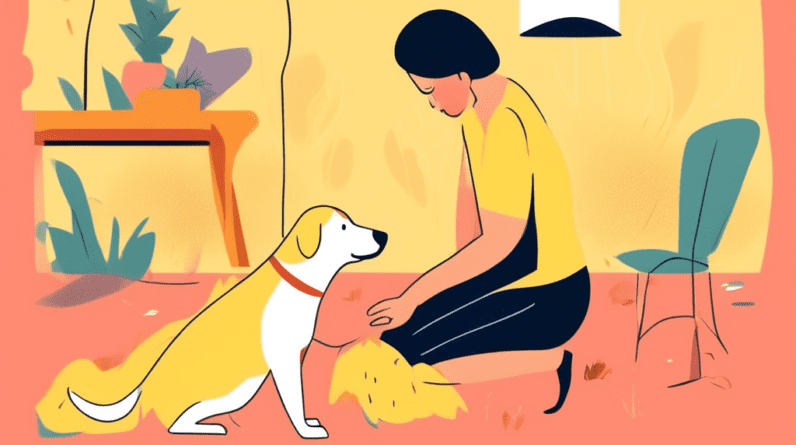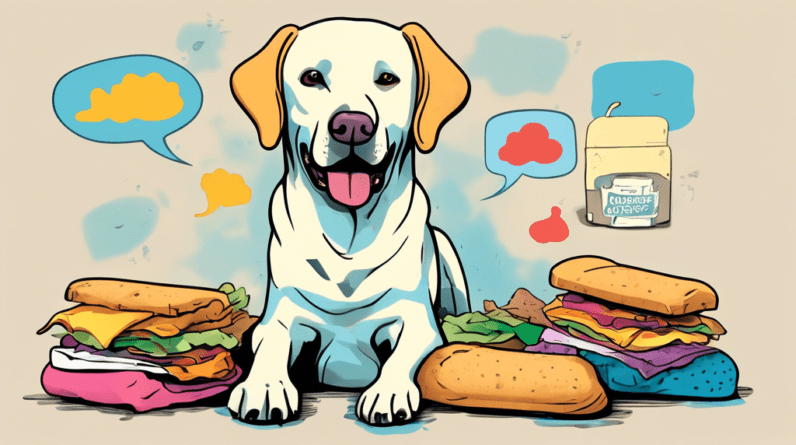
Why Do Labradors Smell?
Labrador Retrievers are beloved for their friendly nature, intelligence,
and versatility. However, even the most ardent Lab enthusiast will admit
that these dogs can sometimes have a distinct odor. While not necessarily
unpleasant, the Labrador smell can be noticeable and might leave you
wondering about its source. Understanding why Labradors can be prone
to odor is the first step in effectively managing it.
The Science Behind the Smell
Several factors contribute to the unique scent of a Labrador Retriever.
Unlike some breeds with single coats, Labradors have a double coat
comprising a water-repellent outer layer and a dense, insulating undercoat.
This double coat, while excellent for their original purpose of retrieving
in cold water, is also an ideal environment for trapping odor-causing
elements.
Common Culprits Behind the Odor
1. Natural Oils and Secretions
Like all dogs, Labradors produce natural oils and secretions from their
skin and ears. These substances, while essential for coat health, can
accumulate over time and create a noticeable odor. Their dense undercoat
can trap these oils, making the smell more prominent.
2. Moisture and Humidity
Labradors love water! Their water-repellent coats and love for swimming
can lead to lingering moisture in their fur. This moisture creates an
ideal breeding ground for bacteria and yeast, which can produce a musty
or even yeasty odor.
3. Ear Infections
Labradors, with their floppy ears, are prone to ear infections. Their ear
canals don’t always get adequate airflow, making them susceptible to
moisture buildup and infections. Ear infections often present with a
foul, yeasty smell that can contribute to overall body odor.
4. Skin Allergies and Conditions
Labradors are predisposed to certain skin allergies and conditions,
such as atopic dermatitis and seborrhea. These conditions can lead to
inflammation, excessive oil production, and secondary yeast or bacterial
infections, all of which can cause a pungent odor.
5. Rolling in Pleasant Aromas
Let’s face it – dogs have a different definition of pleasant smells
than humans. Labradors are notorious for their love of rolling in anything
from dead fish to decomposing leaves. These enthusiastic rolling sessions
can leave their coats imbued with potent, and often undesirable, fragrances.
Managing Your Labrador’s Odor
While you might not eliminate your Labrador’s unique scent entirely,
you can manage and minimize odor through consistent care and attention.
1. Regular Grooming is Key
Brushing your Labrador’s coat several times a week helps remove loose fur,
dirt, and debris, preventing odor buildup. Regular brushing also distributes
natural oils, keeping their coat healthy and shiny. Consider using a
grooming mitt or brush specifically designed for double-coated breeds to
reach the undercoat effectively.
2. Bathing – Finding the Right Balance
Bathing your Labrador too frequently can strip away essential oils,
leading to dry skin and potentially exacerbating odor. Aim to bathe your
Labrador every 4-8 weeks, or as needed, using a gentle, pH-balanced
shampoo formulated for dogs. Avoid human shampoos, which can disrupt
their skin’s natural pH balance.
3. Drying Thoroughly After Water Activities
After swimming or a bath, ensure your Labrador is thoroughly dried. Towel
dry as much as possible, and consider using a hairdryer on a low, cool
setting while brushing their coat to prevent matting and lingering dampness.
4. Ear Care is Crucial
Regular ear cleaning is essential for preventing ear infections, a common
source of odor in Labradors. Use a veterinarian-approved ear cleaning
solution and cotton balls or gauze to gently wipe away any visible wax
or debris. Avoid inserting cotton swabs into the ear canal, as this can
push debris further in and cause damage.
5. Address Skin Allergies and Conditions
If you suspect your Labrador’s odor stems from a skin allergy or
condition, consult with your veterinarian. They can recommend appropriate
treatments, such as medicated shampoos, topical medications, or dietary
changes, to address the underlying issue and reduce odor.
6. Diet and Nutrition Play a Role
Feeding your Labrador a high-quality, balanced diet is crucial for overall
health, including skin and coat health. A diet rich in essential fatty
acids can improve coat condition and reduce oiliness, minimizing odor.
Consult with your veterinarian to determine the best diet for your
Labrador’s individual needs.
When to Consult a Veterinarian
While some degree of odor is normal for Labradors, a sudden change in
odor or an unusually strong smell could indicate an underlying health
issue. If you notice any of the following, consult with your
veterinarian:
- A sudden, drastic change in odor
- A foul, yeasty, or fishy odor
- Redness, inflammation, or irritation of the skin
- Excessive scratching, licking, or biting at the skin
- Hair loss or bald patches
- Discharge from the ears
Embrace the Labrador Love (and Scent)
Labrador Retrievers are wonderful companions, bringing joy and laughter
into our lives. While their unique scent is part of their charm,
understanding the reasons behind it and implementing consistent care
practices can help manage odor and ensure your Labrador stays healthy,
happy, and smelling their best.

